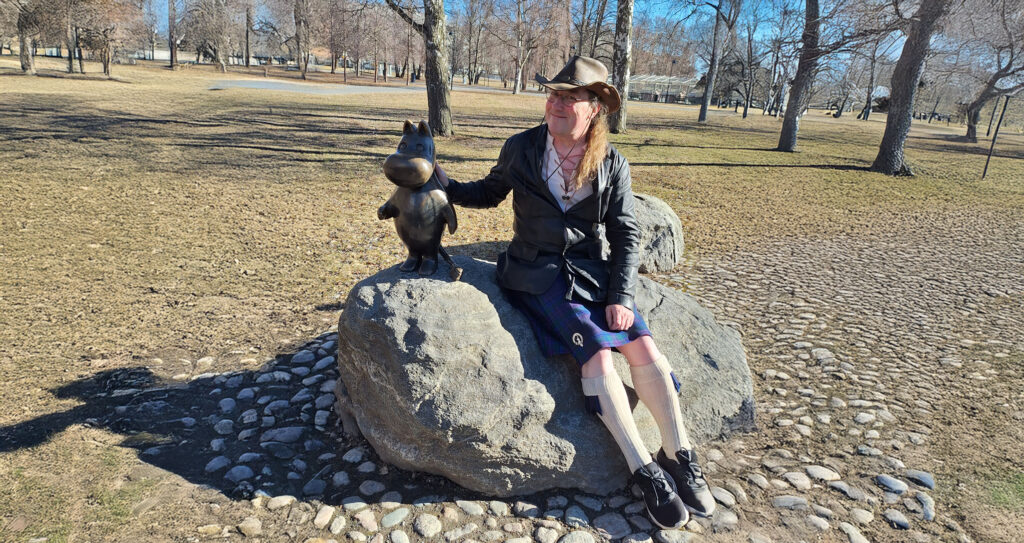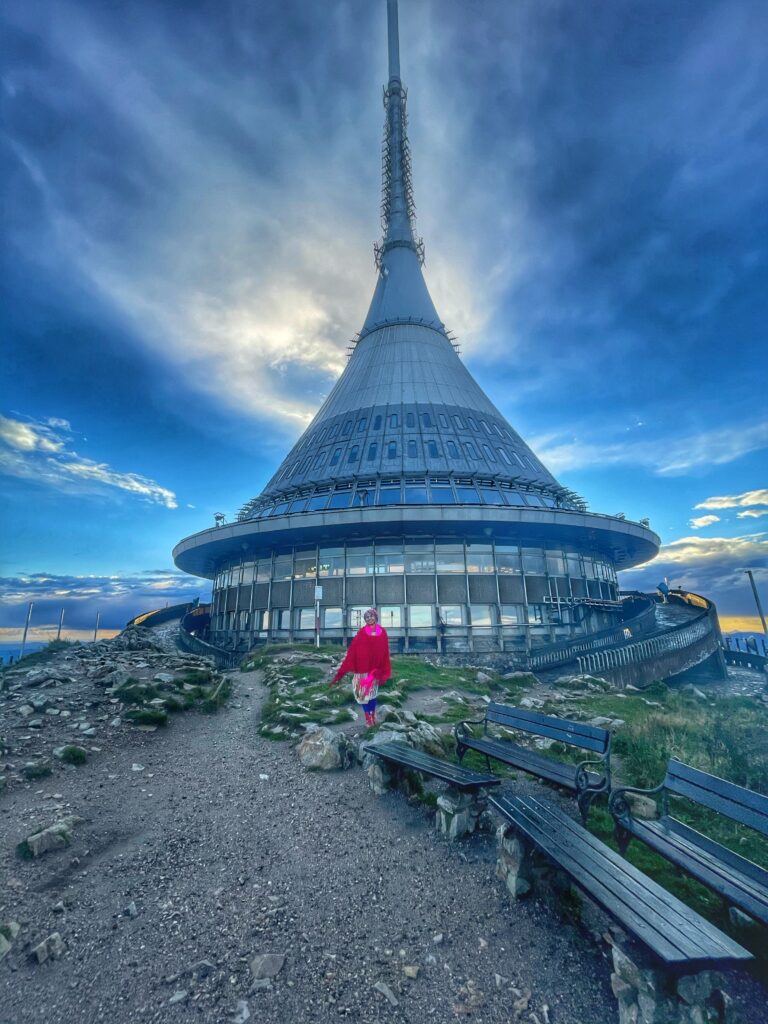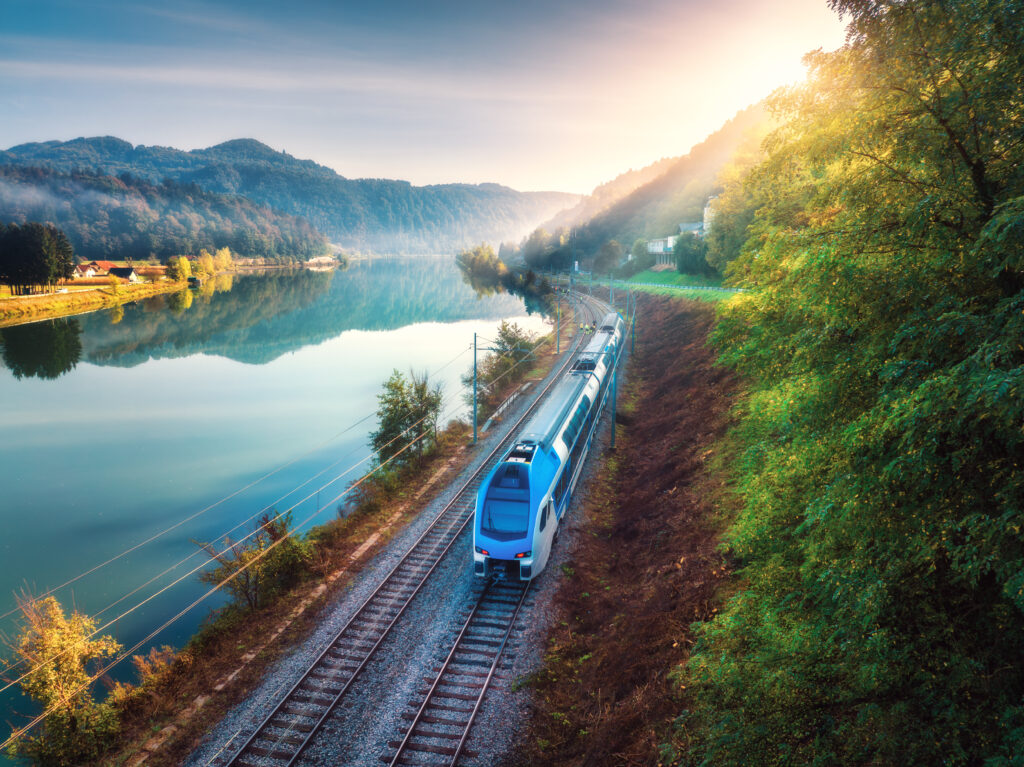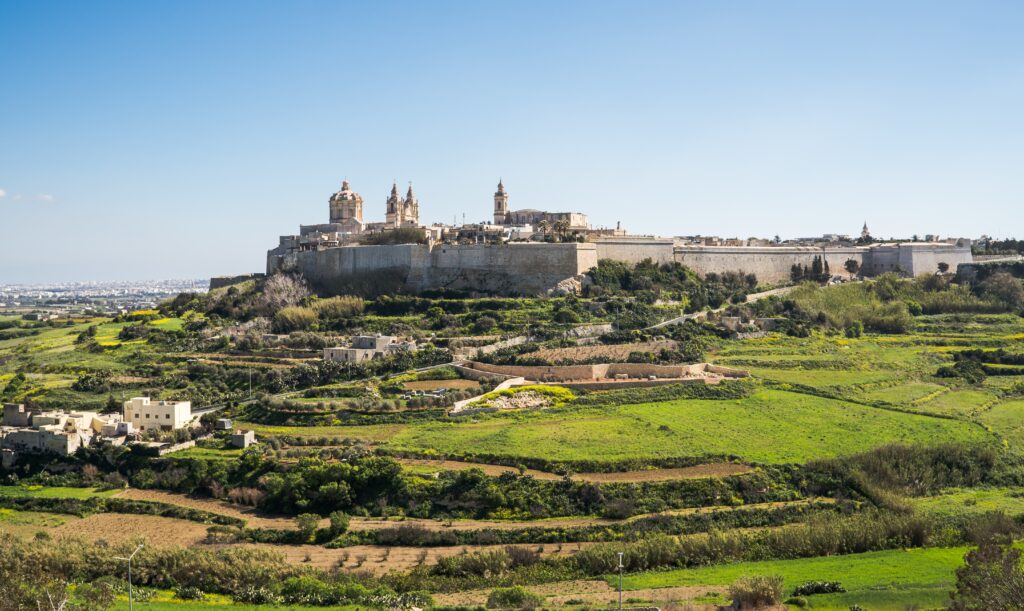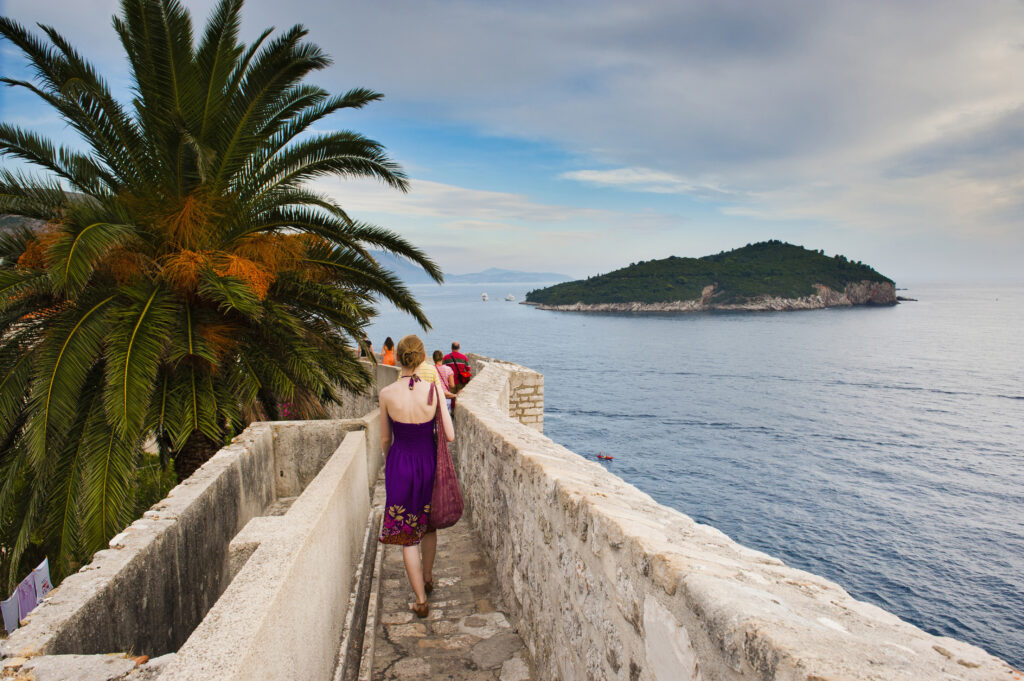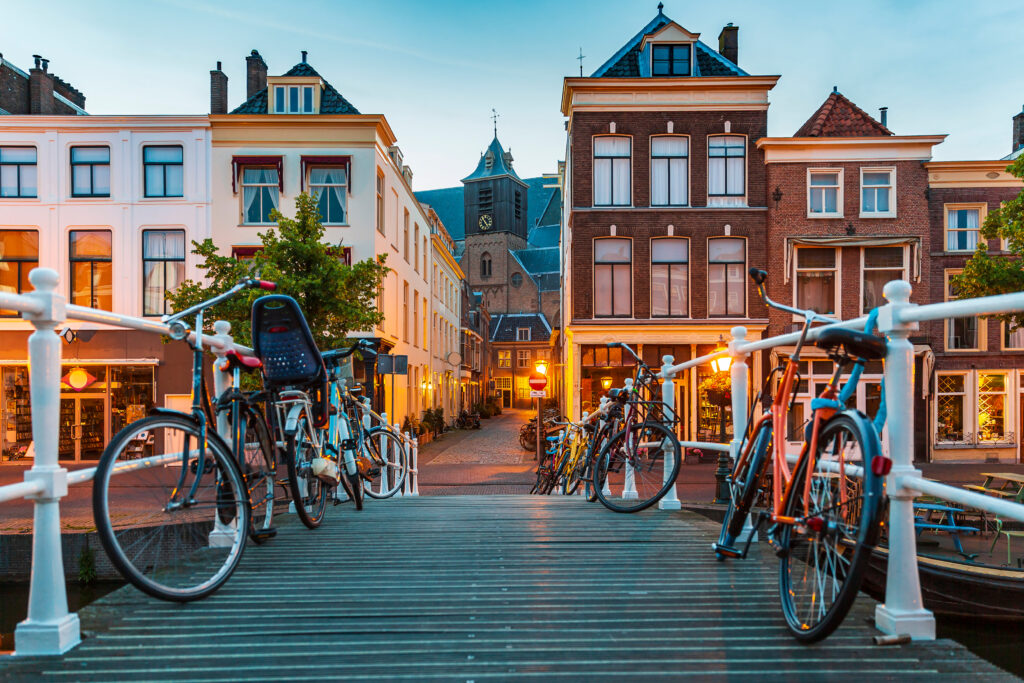You laugh as the friendly face of a jester leaps out of the crowd, joyfully casting confetti over the costumed revelers as they dance through the medieval streets to the sound of a brass band. This is fun, this is Carnival – one of Germany’s oldest, biggest and liveliest celebrations. Known variously as Karneval and Fastnacht, it is Germany’s answer to Mardi Gras! And it’s easy to see why. You can’t imagine a better way to immerse yourself in local culture than by joining in this centuries-old tradition – which is exactly what the locals want you to do!
The origins of Carnival date back to medieval times, when people sought to drive off winter spirits in preparation for Lent while poking fun at authority. And walking with the crowds, you can feel an uplifting sense of pleasure and pride as communities come together to sing, dance, joke, dress up and generally be silly. This frequently involves marching bands and amusingly decorated floats leading merrymakers in fancy dress – everyone enjoying the party atmosphere. Which makes friendly locals even friendlier! You can’t avoid getting caught up in the entertainment, so don’t be surprised to find yourself making new friends keen to help you understand their customs and enjoy their celebrations.
Traditionally Carnival’s Jecke-Zeit or ‘Crazy Days’ period begins on November 11th at 11:11a.m. However, the real festivities ramp up after the New Year, leading into the height of the celebration in the weeks before Lent.One of the most anticipated days is Weiberfastnacht, or Women’s Carnival Day, which takes place on the Thursday before Ash Wednesday, falling sometime between early February and early March. On that day, women dress up to play harmless pranks on the men: – if you’re wearing a tie, it might get playfully snipped! Then a few days later on Shrove Monday comes Rosenmontag, usually the biggest day in Carnival when towns erupt with the excitement of meticulously planned parades of wild and crazy mayhem. And you’ll find that each town has its own program of particular homegrown celebrations –all with their own local customs to explore.


In Düsseldorf, you can cheer the Hoppeditz, a ceremonial jester figure, being awoken and rising from a large mustard pot to deliver a biting satirical speech – those around you will happily help with translations. In Mainz, you can join the friendly crowds of people dressed up as jesters to hear a list of silly ceremonial laws being read out – and obeyed! And in Aachen, you’ll feel the tremendous sense of family as their especially popular Children’s Parade passes by with colorful floats and thousands of smiling children in bright costumes.
Without a doubt, the best way to experience Carnival is to join in. All you have to do is relax and embrace the silliness: ask the locals about it, find a fun costume, grab some confetti and candy, and immerse yourself in the merriments. And make sure you unlock the unexpected upgrade of exploring the delicious local street foods such as Frikadellen meatballs, Döbbekooche potato cakes and the famous Berliners – German donuts that are particularly popular at Carnival.
Together with staying in locally owned accommodation and booking tours led by local community groups, seeking out the local street vendors is a wonderful way to support the town – and your taste buds will thank you!
“Spass an der Freud,” is a phrase you’ll hear a lot at Aachen Carnival; it means “Have fun with joy in your heart.” This is easy to do when you’re surrounded by so many happy people. And as you enjoy the festivities, take a moment to connect with their meaning: the strength of community identity; the power of political satire; the joy of celebrating together. Carnival is a living, breathing example of culture in action, and an open invitation to step into age-old traditions. Savor the sense of privilege of being welcomed so warmly into this extraordinary experience that will leave you with meaningful memories of making a truly authentic connection with the cultural heartbeat of Germany.

